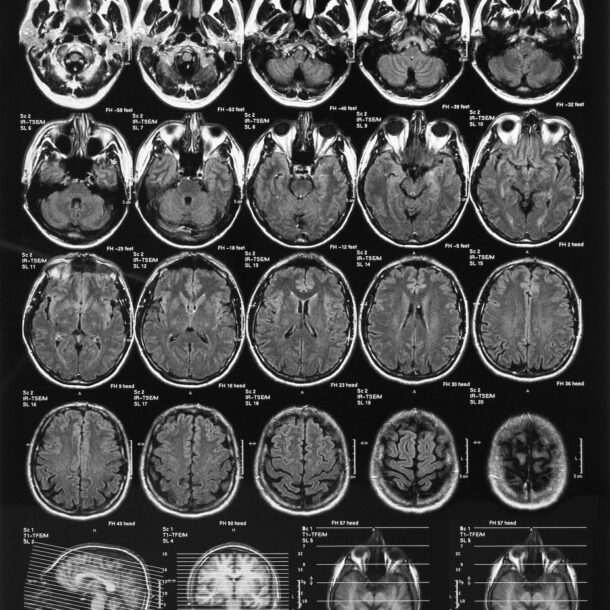
Categories
- Alcohol (9)
- Detox (8)
- Drugs (29)
- Life After Rehab (23)
- Media Coverage (1)
- Mental Health (64)
- Miscellaneous (13)
- News (2)
- Sobriety (33)
- Treatment (63)
Recent Posts
-

Most people know that living sober after struggling with alcohol or drug addiction is tough, but not everyone realizes that finding fulfillment can be one of the hardest aspects of it.
You may struggle to feel happiness or excitement, which can make your days more difficult and affect your confidence in your recovery. It’s not uncommon to feel that life is colorless during recovery.
You’re not helpless, however. Finding happiness after sobriety is possible, and as your brain and psyche heal from the damage that addiction caused, you can help yourself along by following some practical tips.
Gratitude can quickly get lost in the challenges of everyday life. Getting to work, dealing with partners, and even something as commonplace as being stuck in traffic can start overwhelming the thankfulness that you experienced during your first days of sobriety.
“With a mind full of gratitude, there’s little room left for negative thoughts.”
Gratitude is more than just saying thank you to loved ones who may have helped you as you began your recovery. It refers to seeing all of the good around you and all of the good in your life. This doesn’t mean you can’t be upset if something goes wrong; it means being able to see beyond that.
Negative thinking can increase stress, which can easily snowball and lead you to encounter triggers. With a mind full of gratitude, there’s little room left for negative thoughts. In fact, gratitude itself is a stress-buster that can improve your emotional well-being.
Keeping a journal is a great way of expressing gratitude. Write down a few things you’re grateful for every day. You may have trouble the first couple of tries, but you’ll soon be filling pages.
Mindfulness is another important concept that you want to hold on to while living sober. Mindfulness means living in full awareness of the moment.
That’s not easy to do. You may be bombarded with painful memories or struggle to sleep worrying about the future. None of that rumination helps, but it seems impossible to avoid.
Mindfulness helps you slow your mind down and focus on the present. By paying attention to the textures beneath your fingertips, the smells and sounds around you, and even the beating of your own heart, you can bring all of that chaos in your head to a halt.
Something that you’ve likely heard often during your recovery is that you need support. You can’t go through recovery alone. As true as that is, you may not trust yourself to rely on the right people, or you may not know how to heal the harm you may have done to those who care for you most.
A good place to start is your recovery group. If you go to 12-step meetings or similar programs, everyone around you understands just how difficult it can be to make connections and how nervous you may be about the vulnerability that comes with any relationship.
“Giving each day a sense of purpose can help you stay focused on your sobriety without feeling like each hour is a burden.”
Take some time to think about what you care about. What hobbies do you enjoy? What’s your passion? The answer doesn’t have to be dramatic. You may have always enjoyed helping children or volunteering at animal shelters. Perhaps you used to enjoy playing an instrument but stopped because you had no time.
Find those things that make you smile when you wake up in the morning. Giving each day a sense of purpose can help you stay focused on your sobriety without feeling like each hour is a burden.
Going through the recovery process is not for the faint of heart. You may still have negative thoughts about yourself and self-esteem issues that can bring you down if you let them, but it’s vital that you call a truce with yourself.
On days when you find you’re struggling, don’t berate yourself. Be as kind as you would be to someone else going through the same thing. That can mean practicing self-care, taking time to unwind after a long day, and finding gratitude even in strife.
Everyone is struggling with their own issues, and you never know when one act of kindness can make a crucial difference in another person’s life. It can also make a difference in your life because being kind strengthens your sense of social connection, reducing feelings of isolation while also boosting your self-esteem.
Kindness impacts your physical health, too, by lowering cortisol levels and blood pressure. You get a surge of endorphins, as well, which are your natural feel-good hormones.
Recovering from a substance use disorder requires your daily enthusiastic participation, and on some days, that can be very difficult. You may struggle to muster up hope or excitement. That’s when you need to focus most on gratitude and giving your life a sense of purpose.
At SoberMind Recovery, we strive to help all of our clients onto the path of sobriety. We offer inpatient and outpatient addiction and dual-diagnosis treatment in Los Angeles, and we can help clients decide on the next sober living steps that are right for them.
From finding LGBTQ sober living facilities to ensuring you have support groups you can depend on, we can guide you through all stages of your recovery.
Contact our team to begin your journey.

